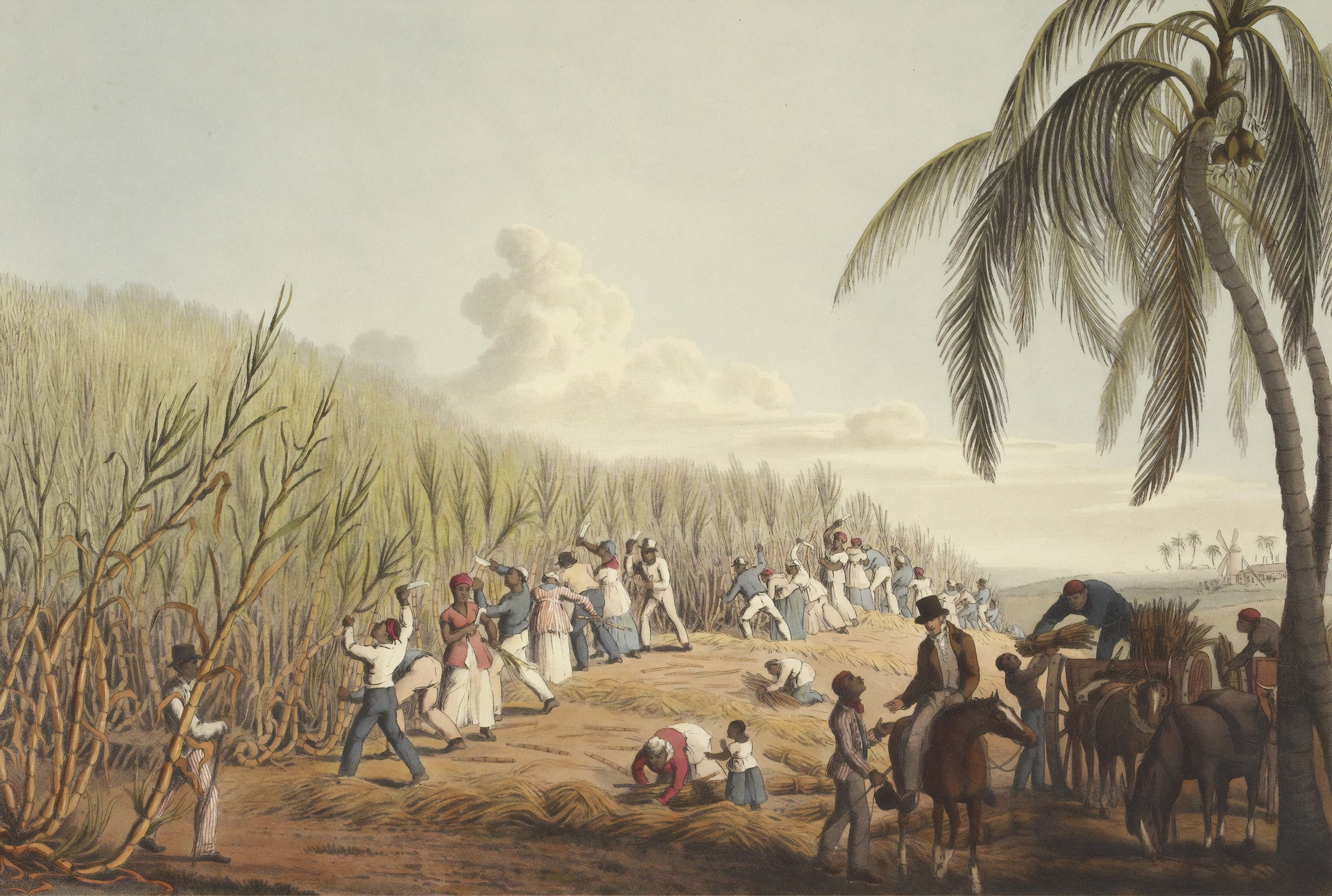Johns Hopkins, founder of the prestigious Baltimore university and hospital which bear his name, was revealed to have owned slaves in the mid-1800s. The university disclosed this startling discovery this week through a letter penned by the school’s leaders. Hopkins was believed to be an abolitionist whose father freed their family’s slaves in 1807 but census records showed otherwise.
In the official statement, university President Ronald J. Daniels, Medical Faculty Dean Paul B. Rothman, and Johns Hopkins Health System President Kevin W. Sowers said, “We now have government census records that state Mr. Hopkins was the owner of one enslaved person listed in his household in 1840 and four enslaved people listed in 1850.”
The records were dug up as part of Hopkins Retrospective, a research project dedicated to exploring the university’s history. The project also wanted to uncover more of Hopkins’ life but the new information may have further complicated the school’s situation.
“But the fact that Mr. Hopkins had, at any time in his life, a direct connection to slavery—a crime against humanity that tragically persisted in the state of Maryland until 1864—is a difficult revelation for us, as we know it will be for our community, at home and abroad, and most especially our Black faculty, students, staff, and alumni,” the letter read.
Legacy in Question
Most of what is known about Johns Hopkins is found in a book written by his grandniece Helen Thom — including the claim that Hopkins’ father freed their slaves. The only other documents that were used to shape the public’s view of this man were his detailed will and letter of instructions to trustees.
School administrators admitted that they did not put further effort into verifying or investigating the assertions. Hopkins President Daniels told the Washington Post that there are no intentions of renaming the university as their vision involves changing narratives, not names.
Johns Hopkins University is recognized as America’s first research university and it was created after Hopkins left $7 million in his will. The entrepreneur wanted the money to be used to open a hospital, an orphanage, and a university that has since become a powerhouse academic institution.
University leaders do not have more information on the enslaved people of John Hopkins’ family but they are open to answer questions. They have invited students, faculty members, staff, and alumni to attend a virtual town hall meeting on Friday, December 11.



